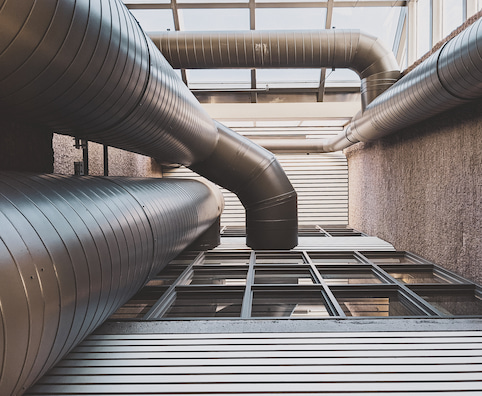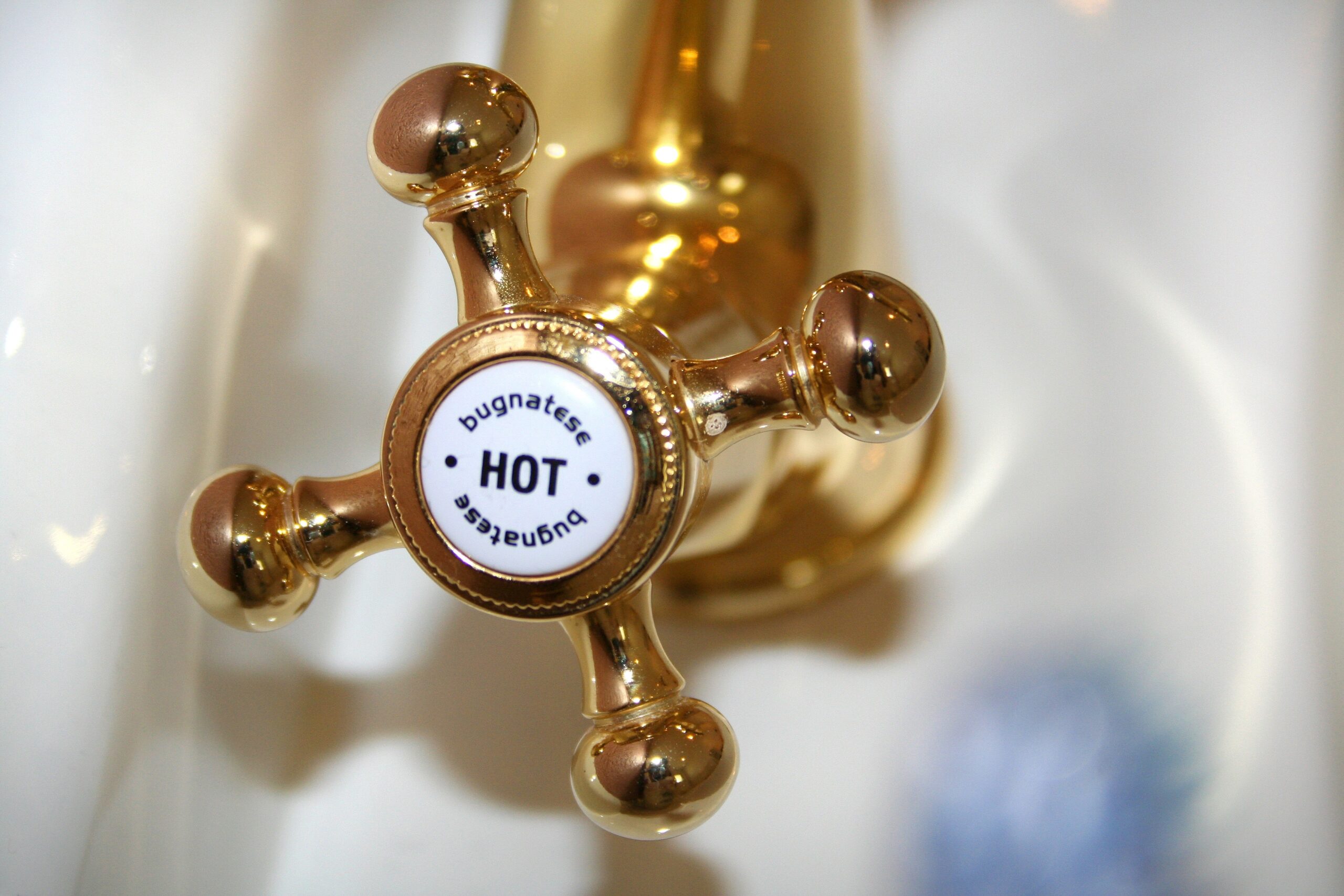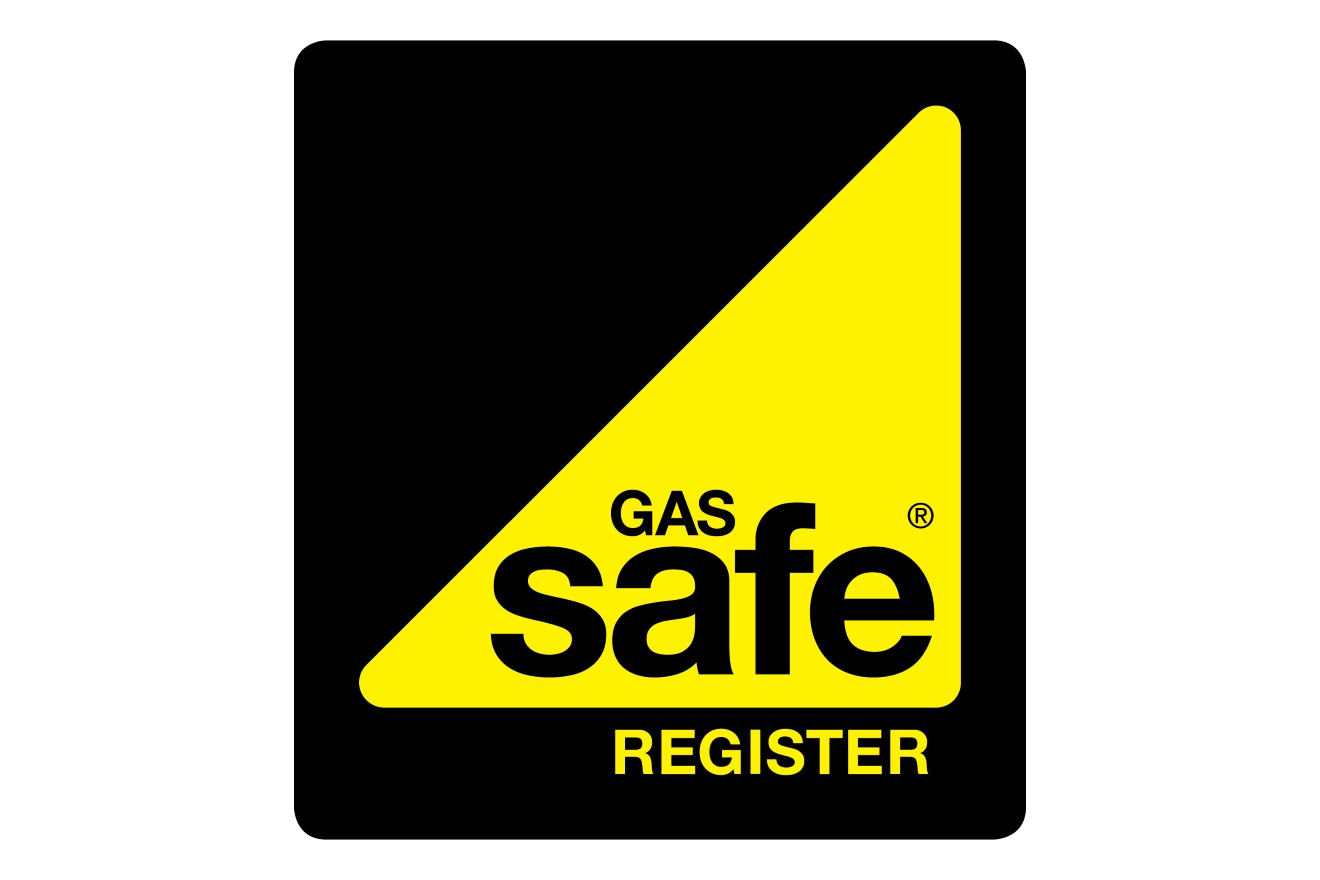How Do Commercial HVAC Systems Work?
HVAC systems stand as an essential component within commercial structures, the vitality of these systems is evident in various settings such as hospitals, schools, hotels, and office buildings.
Whether it’s a cold winter’s day or the heat of summer, the seamless operation of a robust commercial HVAC system remains paramount in ensuring the comfort of the building’s occupants.
Here, we will break down the basics of commercial HVAC systems, the different types used in buildings, and tips for maintaining your HVAC System.
What is a Commercial HVAC System?
To put it simply, HVAC (Heating, Ventilation, and Air Conditioning) systems control the indoor temperature, air quality and humidity ensuring your workspace is always comfortable and productive. So, how do HVAC systems work?
- The heating function of an HVAC system is carried out through radiators or supply air systems.
- The ventilation process involves the extraction of contaminated air from the building while ensuring a steady supply of clean fresh air. It plays a crucial role in circulating internal air and eliminating excess humidity, usually technical systems such as fans are employed to facilitate this ventilation process.
- The air conditioning or cooling systems are responsible for reducing the temperature and maintaining optimal humidity levels within the commercial space.
Types of HVAC Systems in Commercial Buildings
In the UK, commercial buildings utilise various types of HVAC systems to meet diverse requirements. The HVAC systems below cater to the specific needs and size of commercial buildings in the UK, providing efficient and tailored solutions for temperature regulation, ventilation and air quality control.
- Split Systems: Think of this as the dynamic duo of HVAC. One part (indoor unit) handles the air, while the other (outdoor unit) deals with compressing and condensing. Usually suited for smaller commercial spaces or individual rooms that require independent temperature control.
- Packaged Systems: Imagine if the dynamic duo merged into one – that’s a packaged system. Everything, from the air handler to the compressor, is in a single outdoor unit. Package systems are compact and efficient, they are commonly used in smaller to medium-sized commercial buildings such as retail spaces and offices.
- Variable Refrigerant Flow (VRF) Systems: These are the multitaskers of HVAC, they can heat one area and cool another simultaneously. VRF systems are ideal for larger commercial properties with varied heating and cooling needs, offering an energy efficient and flexible solution.
- Chilled Beam Systems: This system uses convection and radiation to cool spaces efficiently. Suitable for environmentally conscious commercial buildings seeking efficient cooling solutions as this type of system promotes energy efficiency and sustainability.
Commercial vs. Residential HVAC
Commercial HVAC systems serve as extensive support for large spaces, comparable to a robust helping hand. In contrast, residential HVAC systems function as a personalised assistant for home environments, distinguished by its compact design and tailored capabilities.
Maintaining Your Commercial HVAC System
Regular professional maintenance enhances the longevity of any commercial HVAC system, each component’s lifespan can be extended by scheduling routine servicing and cleaning.
Malfunctions in one part can significantly impact the entire system, potentially reducing its lifespan by years whilst decreasing energy efficiency. Opting for professional services and facilities management particularly for comprehensive inspections and cleaning, ensures your commercial HVAC system operates at peak efficiency.
4 Tips for Maintaining Your HVAC System
To mitigate issues with commercial HVAC systems, companies should aim for a minimum of four annual services whilst implementing the following preventative measures:
Verify thermostat programming and reset seasonally.
Conduct visual inspections of thermostats, drain lines and drip pans.
Inspect, clean and test control systems.
Replace air filters regularly


